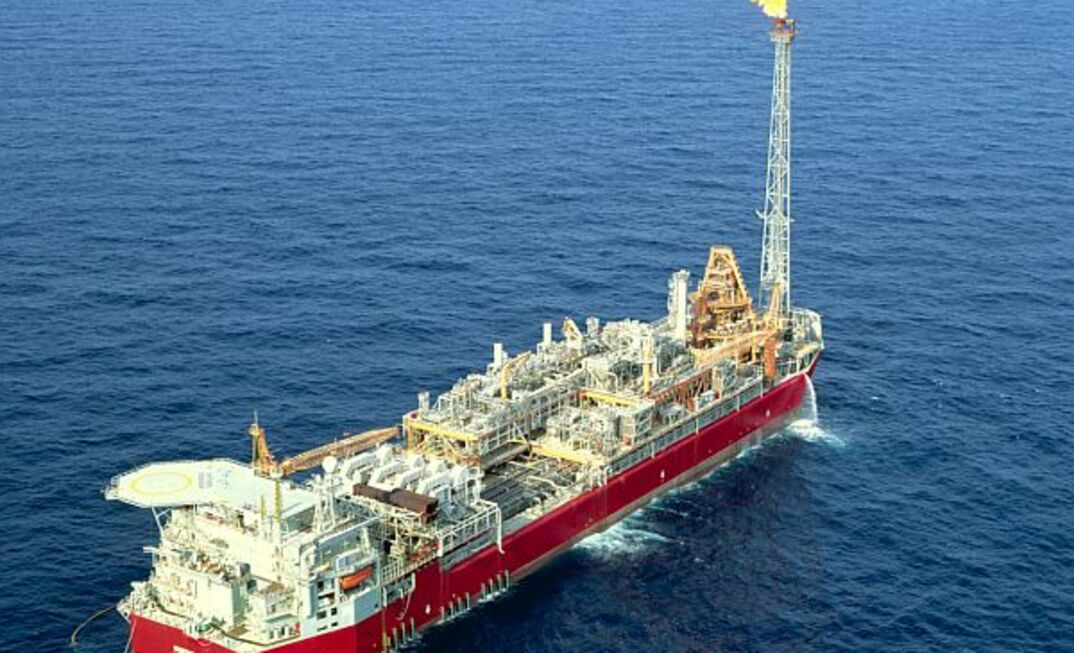-
SOLUTIONS
However, "remedial directions can also be issued in relation to titles that ceased to be in force, and/or to titleholders that ceased to hold a title, before 1 January 2021," the government said.
Trailing liabilities are intended as a last resort, Canberra stressed.
They will apply when there is no actual titleholder to decommission offshore structures, and also if a previously plugged and abandoned well has a leak or other issues.
They are intentionally broad and designed so taxpayers do not have to carry any costs associated with decommissioning.
"The government expects titleholders to proactively plan for decommissioning at all times during the lifecycle of a petroleum activity," a statement from the Department of Industry, Science, Energy and Resources said.
"Titleholders must undertake due diligence when selling their assets to other entities. The strengthened trailing liability provisions ensure that the risks and liabilities of petroleum activities remain the responsibility of the petroleum industry."
It confirmed former title holders and "related bodies corporate or related persons of current or former titleholders" could have to undertake remedial work.
"In the context of the strengthened regime, trailing liability is intended as an option of last resort and is expected to be used rarely. The primary obligation to decommission will remain with the current titleholder," it said.
It notes the amendments are "broad" and that they may have an impact on how things like mergers and acquisitions are structured. Not just operators but all titleholders in a venture could be liable.
In late February, ASIC pushed Woodside Petroleum on its transparency around decommission costs, after the company's annual report noted it would spend an extra US$240 million on decommissioning, mostly on removing plastic coated pipelines.
Australia's total decom bill, estimated in 2021 in a report commissioned by National Energy Resources Australia, suggests it could be as high as A$52 billion.
In its pre-Budget wishlist of late January lobby body APPEA demanded that the government remove its decommissioning levy on industry, arguing it creates a "dangerous and legislative precedent and sovereign risk concern".
The levy was introduced last year after the Northern Endeavour debacle, created by the decommissioning costs related to the Laminaria-Corallina oil fields and the associated FPSO.
Northern Oil and Gas Australia went into liquidation in early 2020 leaving the federal government with two oil fields and an FPSO to decommission.
Canberra was clear it didn't want taxpayers to wear the cost and told industry to work out a solution. It did not, and the May budget instituted a levy on all offshore oil and gas producers.
It took the project from Woodside Petroleum in what was a legal transaction, thanks to a loophole that meant the titles' administrator did not have authority to question the financial capability of the transferee.
"Financial culpability is unlikely to receive the necessary focus if it is shouldered by the broader industry despite the failures of regulation, regulators, and a few industry participants," APPEA said.

Future of Energy Report: Nuclear Power in Australia 2024
Energy News Bulletin’s new report examines what the energy and resources industry thinks of the idea of a nuclear-powered Australia.

ENB CCS Report 2024
ENB’s CCS Report 2024 finds that CCS could be the much-needed magic bullet for Australia’s decarbonisation drive

ENB Cost Report 2023
ENB’s latest Cost Report findings provide optimism as investments in oil and gas, as well as new energy rise.

ENB Future of Energy Report 2023
ENB’s inaugural Future of Energy Report details the industry outlook on the medium-to-long-term future for the sector in the Asia Pacific region.



















